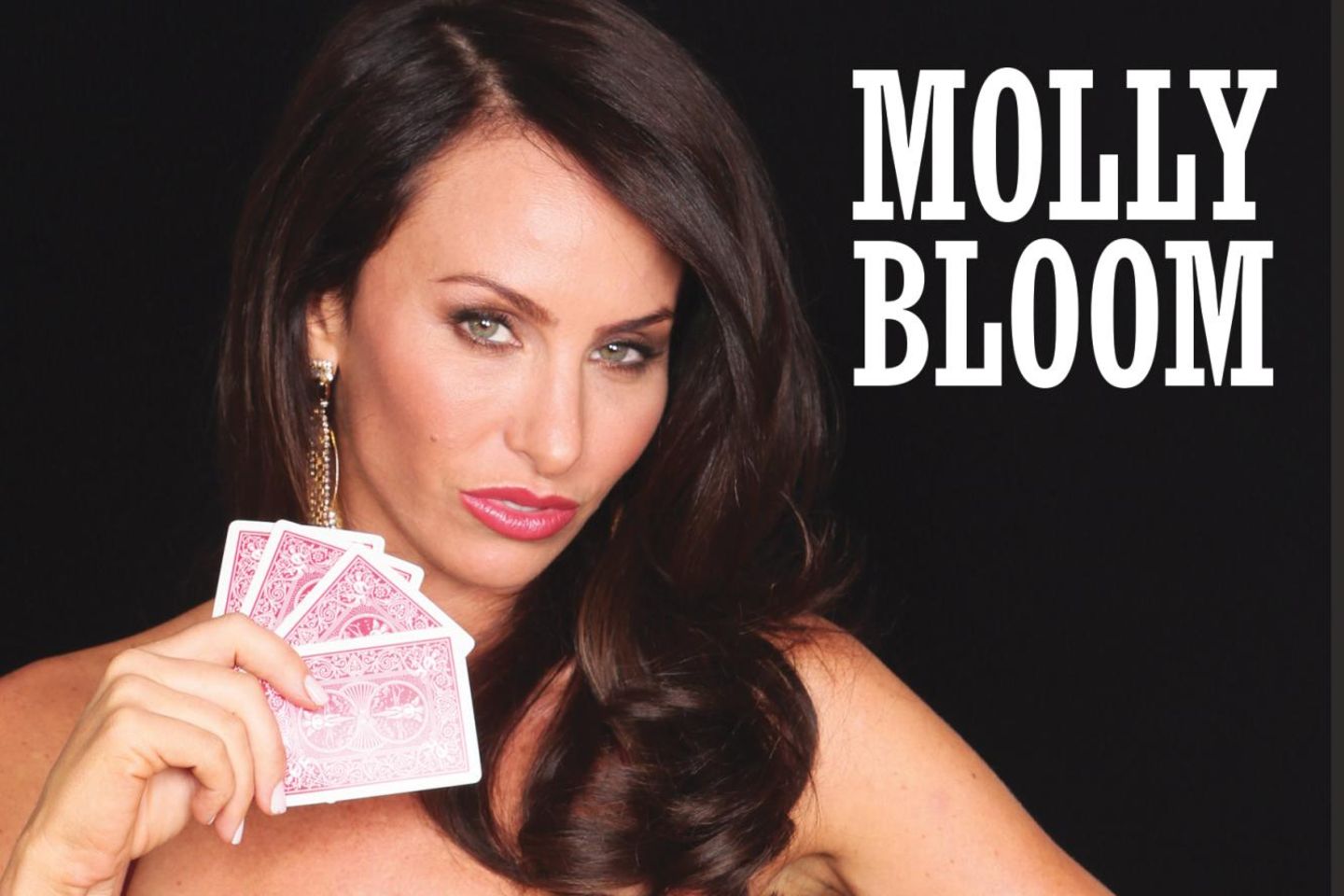

In her soliloquy, Molly does spend a lot of time thinking about the hypocritical nature of male-female relations. Often women readers and critics are displeased with Joyce's portrayal of a woman's inner life: "If you think that all we think about all day is men and sex, you've got another thing coming." These readers and critics have a point, especially considering that Ulysses is Joyce's attempt to blast open the female point-of-view, the point-of-view missing from the Odyssey and much of the male-dominated literary world. But it has been extremely disconcerting to many feminists that these words were put in Molly's head by a man. Of course, one must remember that these are supposed to be Molly's private thoughts, that she wouldn't imagine readers poring over them almost a hundred years later. Her concern for her own sexual pleasure comes through in her erotic thought, "I can feel his mouth O Lord I must stretch myself I wished he was here or somebody to let myself go with and come again like that I feel all fire inside me" (18.754). Molly may love her husband, but her thoughts about their sex life can be off-putting: "pretending to like it till he comes and then finish it off myself anyway" (18.740).

At first glance, it can almost seem as if Molly doesn't exist separate from one romantic pursuit or another. More importantly, perhaps, it seems that she organizes her entire life in terms of the men that she has known. Her bluntness about sexual matters – from different positions, to the sensation of her orgasm, to the pros and cons of oral sex – shocked many readers. But that's the word a lot of people picked to describe Joyce's portrayal of Molly Bloom after the book came out. In her soliloquy before she nods off to sleep, she turns many of our assumptions inside out. Out of sympathy for our protagonist, we can't help but view Molly as an unsympathetic adulteress – how could she do this to Leopold? Interestingly, in the last episode, we find that Molly herself is very in tune with how she is perceived. Bloom is tormented by the fact that Molly is going to cheat on him later that same day.

The dominant tone, though, is one of sadness. He thinks she is a much better singer than the wife of M'Coy, and he romanticizes her childhood in Gibraltar, and her cultural background. We learn the most about Molly, though, through Bloom's thoughts of her. Later on in "Penelope," we learn that Lenehan's boast is blatantly untrue. Lenehan takes it the furthest, when he claims to have groped Molly in a carriage while Bloom was seated just across the way. Often, men offer up an off-color remark about Molly. John Henry Menton remembers how beautiful she used to be, and wonders why she married a "coon" like Bloom. The general consensus seems to be that her marriage to Bloom is a tragic case of disproportionate beauty, so to speak. In the men's gossip about town, we quickly learn that Molly is attractive. But other than that brief flash of her humor and her charm, Molly becomes confined to the words and thoughts of others. In "Calypso," she asks Leopold about the word, "metempsychosis." He tries explaining it in highfalutin terms, and she says, "O rocks! Tell us in plain words" (4.116).

Marion (Molly) Bloom An Absent Adulteressįor seventeen of the eighteen episodes in Ulysses, we don't get anything but a fleeting glimpse of Mrs.


 0 kommentar(er)
0 kommentar(er)
